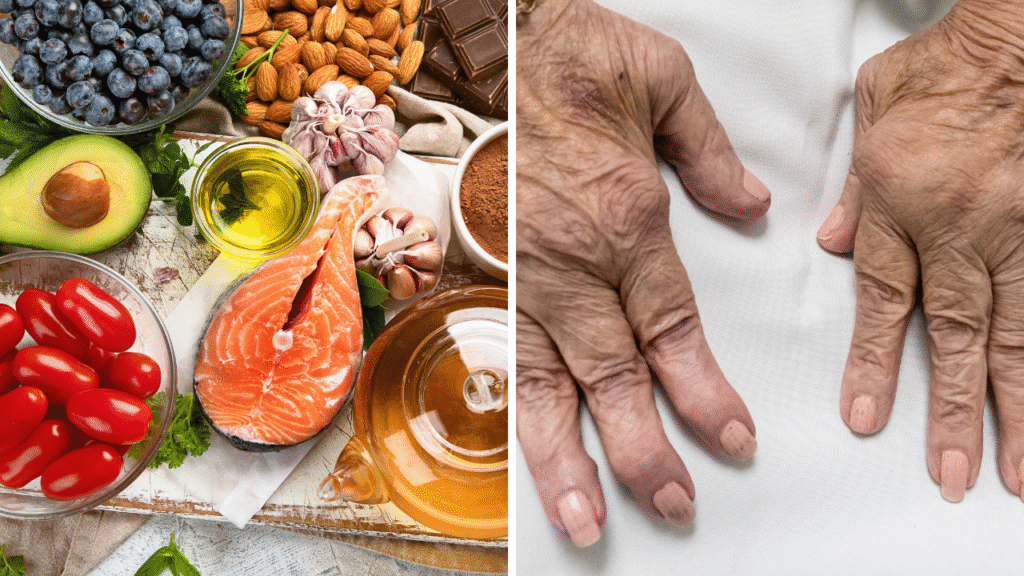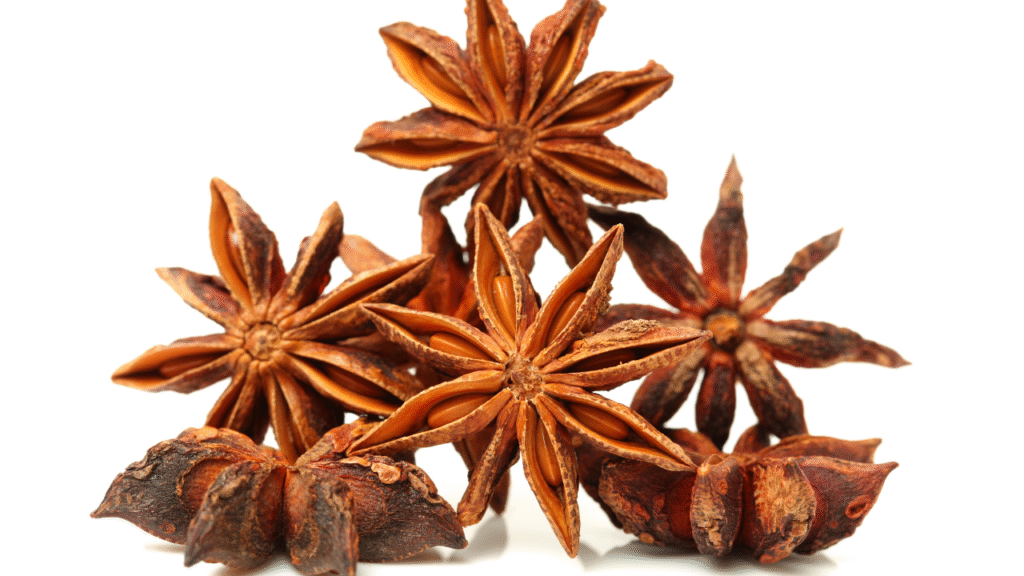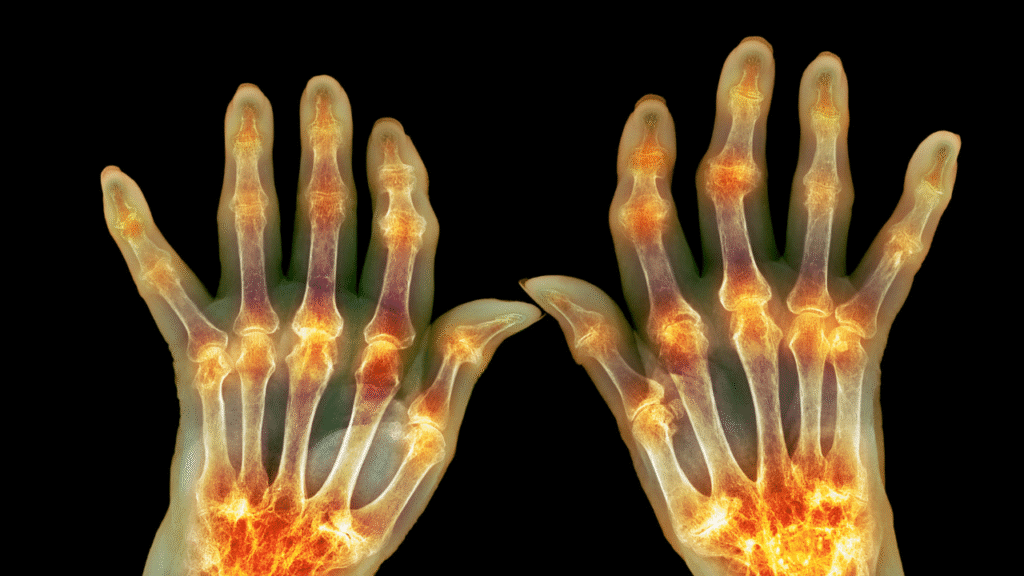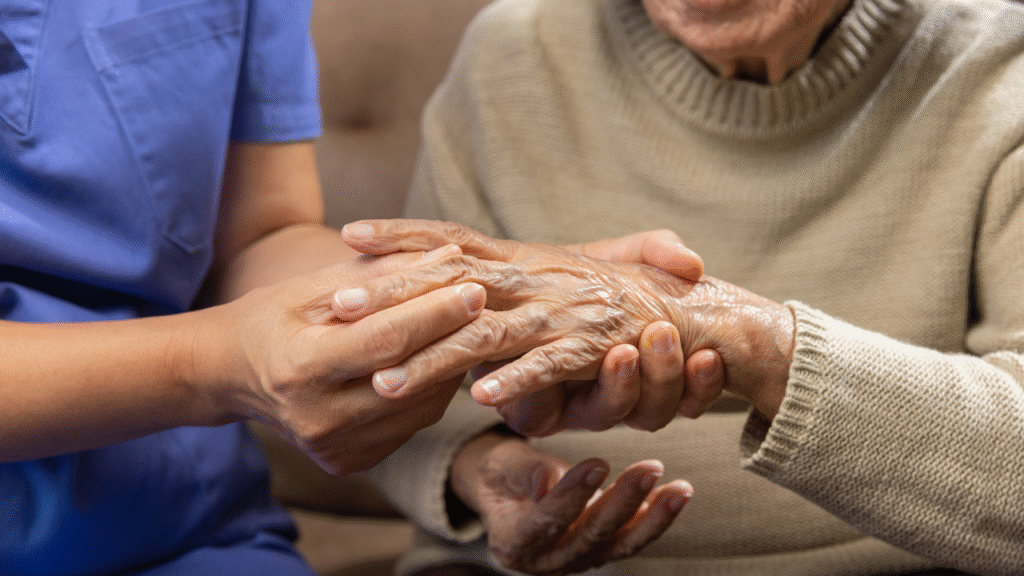Diarrhea is characterized by loose, watery feces that might linger for hours or days. Chronic diarrhea is having loose stools thrice daily for at least four weeks.
Gastrointestinal disorders like (IBS), inflammatory bowel disease (IBD), celiac disease, and lactose intolerance are just a few of the conditions that can result in chronic diarrhea. Certain drugs, such as antibiotics or laxatives, might also cause it. Chronic diarrhea may indicate a more serious underlying ailment in certain situations, such as Crohn’s disease or ulcerative colitis. As a result, it is crucial to seek medical attention if persistent diarrhea lasts more than four weeks or is associated with other unsettling symptoms.
Home remedies are helpful for symptom relief and aiding speedier recovery. Probiotics, water, and a BRAT diet (bananas, rice, applesauce, and toast) can help regulate bowel movements, lessen the intensity of diarrhea, and replenish electrolytes lost during bouts. These cures are simple to use and convenient for people who may not have immediate access to medical care. Finding home remedies for diarrhea is critical for enhancing general well-being and minimizing discomfort.

This article will explore the causes and symptoms of chronic diarrhea and discuss various home remedies to alleviate symptoms and promote recovery.”
Causes and Symptoms of Diarrhea
Diarrhea is a normal response to dehydration, infection, or toxins and is frequently caused by viral or bacterial infections, food poisoning, food allergies, or pharmaceutical side effects. It can aggravate dehydration and disease by causing fast loss of fluids and minerals. Understanding the causes of diarrhea can aid in selecting appropriate home remedies for treatment.
Frequent bowel movements, watery stools, abdominal pains, nausea, vomiting, stomach aches, loss of appetite, increased thirst, fever, dehydration, and abdominal pain characterize a common illness known as diarrhea. Dehydration, weakness, cognitive fog, upset stomach, dizziness, and blood pressure fluctuations can all result from diarrhea.
Home Remedies for Diarrhea
Studies have shown that home remedies such as probiotics, hydration, and a BRAT diet can effectively alleviate symptoms and promote recovery from loose stool. For example, a systematic review and meta-analysis of randomized controlled trials found that probiotics significantly reduced acute diarrhea duration in children and adults. Another study showed that adequate hydration with oral rehydration solutions, such as rice water or clear broths, can help prevent dehydration and improve recovery from diarrhea. The BRAT diet (bananas, rice, applesauce, and toast) has long been recommended to ease digestive discomfort and provide easily digestible foods during diarrhea.
? Fluid Intake and Rehydration
Drinking enough water every hour is critical to avoid diarrhea symptoms such as dizziness and weakness caused by dehydration. You can obtain electrolytes and nutrients by consuming homemade bone broth, herbal teas, coconut water, fresh vegetable juice, or fruit ice pops. To avoid aggravating loose stool, avoid overconsumption or drinking too much liquid too rapidly. Monitor your urine color and thirst to see whether you’re losing too much water. Drink additional water if you don’t urinate frequently yet have dark yellow urine. Drinking enough water to make your thirst seem normal and your urine appear pale yellow will help you avoid dehydration.
1. Drinking plenty of water
Daily, consume 8-10 cups of fluids, such as water, half-strength juice, broth, electrolyte replacement drinks, and chamomile or peppermint tea.
Infants with diarrhea should consume tiny amounts of water between formula or solid food feeds, but only after speaking with your pediatrician, as water may not be recommended depending on the infant’s age.
2. Consuming oral rehydration solutions (ORS)
Oral rehydration solutions (ORS) are a solution that replaces lost fluids and hydrates the body. They are available without a prescription and are appropriate for adults and children. They include a well-balanced mix of electrolytes and carbohydrates, which aid in preventing or treating dehydration caused by diarrhea, vomiting, or excessive perspiration. Adults can consume homemade ORS. By combining salt, sugar, and water, these treatments promote digestive functions.
3. Rice Water
Rice water is a standard diarrhea treatment for children and adults because it contains nutrients and has binding characteristics. According to studies, rice water reduces the frequency of loose stools better than electrolyte solutions.
To make rice water, bring 1 cup of water and 1/2 cup of rice to a boil for 10 minutes. Take 1 cup of rice water at a time, two to three times a day.”
4. Including clear broths and herbal teas in the diet
Notable nutrients such as amino acids and electrolytes are present in homemade bone broth, and tummy-soothing herbal teas include pomegranate, ginger, peppermint, oat bark, and licorice/fennel. Star anise and chamomile tea can help with loose stool and upset stomachs. It has been demonstrated that drinking green tea helps cancer patients with radiation diarrhea. Boiling lemongrass tea can help ease diarrhea as well.
Dietary Modifications
?
1. Avoiding spicy, fatty, and greasy foods
Refined vegetable oils, quick foods, cheesy foods, processed meats, and fried foods all contain too much fat, which can upset the stomach and cause diarrhea. Avoiding high-fat, oily, spicy, artificial sweeteners, and fructose foods can assist. Doctors advise avoiding dairy products and lactose intolerance products, as they may aggravate diarrhea in some patients.
2. Incorporating bland and easy-to-digest foods (rice, bananas, applesauce)
The BRAT diet, consisting of bland foods such as whole grains, bananas, rice, applesauce, and toast, is famous for people with loose stool. It improves digestion, contains potassium and pectin, and is fiber-rich. However, it is limiting and should only be for two days or fewer. Oatmeal, baked potatoes, baked chicken, and chicken soup, which aid in rehydration, are other acceptable foods.
3. Consuming probiotics to restore gut health
Probiotics, also known as lactic acid bacteria, help digestion, relieve diarrhea, and prevent antibiotic-associated diarrhea.
Probiotics are live bacteria and yeasts that can provide numerous health benefits, including aiding digestion and supporting a healthy gut microbiome. Regarding diarrhea, probiotics help restore the balance of gut bacteria, reduce inflammation, and improve stool consistency. Research has also suggested that certain strains of probiotics, such as Lactobacillus rhamnosus GG and Saccharomyces boulardii, can help shorten the duration of diarrhea and reduce the risk of recurrence. Therefore, incorporating probiotics into the treatment plan for diarrhea can promote recovery.
They are also found in fermented foods such as yogurt and yogurt supplements and have been shown to reduce diarrhea recovery time without causing significant adverse effects. Probiotics in aged soft cheeses, beets, and cottage cheese help maintain a healthy gut environment and protect the intestines from illness.
Herbal Remedies
1. Intake of apple cider vinegar
Apple cider vinegar may help treat bacterial-caused diarrhea because of its antibacterial properties. On the other hand, clinical investigations have not demonstrated that it is effective. Dissolve one teaspoon of apple cider vinegar in a cup of water and swallow this mixture twice a day until the condition improves.
2. Use of turmeric
Turmeric has been used as an anecdotal cure for diarrhea due to its anti-inflammatory and antibacterial characteristics. Dissolve one teaspoon of turmeric in hot water or tea and eat it like a spice. On the other hand, excessive turmeric consumption can induce gastrointestinal irritation, including pain, acidity, ulcers, abdominal contractions, and blood thinning. For the proper dosage, consult a doctor.
3. Consumption of green bananas
Green bananas have a long history as alternative medicine to treat digestive diseases such as diarrhea in clinical and at-home settings. Additional research is required to fully understand their function in treating diarrhea and its effectiveness.
4. Chamomile
Chamomile, a traditional medicine herb, has been found to calm the digestive tract and is safe for children, even those with diarrhea. A double-blind study found that a chamomile and apple pectin drink significantly reduced diarrhea in children aged six months to 6 years, with little to no side effects. A 2014 animal study concluded that chamomile extract was a potent antidiarrheal and antioxidant. Chamomile can be used for diarrhea by sipping tea or rubbing diluted essential oil onto the lower intestines. For nursing babies, breastfeeding moms can take chamomile, while babies three months and up can have an abdominal massage with diluted essential oil. (9)
5. Ginger Home Remedies for Diarrhea
Ginger, a common herb, has been used to treat digestive disorders and has been shown to help with antibiotic-induced diarrhea. In rats, it improves gut microbiota diversity, cures leaky gut, and lowers diarrhea and intestinal inflammation. In another 2020 study, ginger was as effective as Rifaximin, a medicine used to treat traveler’s diarrhea, in addressing digestive problems.
6. Green tea:
It has been demonstrated that drinking green tea can lower the risk of getting diarrhea while undergoing radiotherapy treatment for cancer. (10)
7. Lemongrass tea:
When the stalk and leaf of lemongrass are boiled together to form tea, it has been discovered in some older, more limited research that the tea may help treat diarrhea.
Additional Tips
1. Over-the-counter drugs
Over-the-counter drugs such as bismuth subsalicylate and loperamide can assist if the symptoms are not severe. They do not, however, address the fundamental reason. It is critical to consult a doctor before using these drugs for chronic diarrhea. Children should exercise extra caution due to the danger of severe dehydration. Children should not take over-the-counter medications; therefore, they should see a doctor. Infants under the age of three months should see the doctor immediately. Consult your physician if symptoms include bloody diarrhea, fever, more than seven days of symptoms, acute abdominal discomfort, or increasing diarrhea.
2. Zinc supplementation:
Zinc pills are a WHO-approved treatment for loose stools, lowering the duration and severity of diarrhea. It strengthens the immune system, avoids future episodes, and boosts hunger. Zinc should only be administered to children after consulting with a doctor. Zinc supplementation can help prevent and treat acute diarrhea. Zinc-rich foods include oats, almonds, fortified cereals, yeast, beans, and oysters.
3. Avoiding physical exertion
It is crucial to rest and limit physical effort while recovering from illness because it helps the immune system focus on fighting off the infection.
It is also essential to maintain excellent hygiene practices, such as regularly washing hands and avoiding direct contact with sick people, to prevent the transmission of infections.
4. Get Enough Rest
When you have diarrhea, avoid excessive exertion or vigorous physical activities. You will most likely feel tired and run down, and you may not be able to sleep well while your symptoms linger.
Allow your body to heal by getting adequate sleep (seven to nine hours per night or more), taking it easy, and reducing stress levels.
Precautions
While some diarrhea cases can be managed at home with self-care measures, seeking medical attention in certain situations is essential. Adults should consult a healthcare professional if diarrhea persists for over a few days, is accompanied by severe abdominal pain, fever, or blood in the stool, or if they have underlying health conditions that may increase the risk of complications. Children need to seek medical attention if diarrhea lasts for more than 24 hours, if there are signs of dehydration (such as dry mouth, decreased urine output, or lethargy), or if the child is younger than six months old. Including this information can help readers decide when to seek medical help for diarrhea.
When to seek medical attention
It is crucial to seek medical attention if persistent diarrhea lasts more than four weeks or is associated with other unsettling symptoms such as severe abdominal pain, blood in the stool, or unexplained weight loss. A healthcare professional can help diagnose the underlying cause of chronic diarrhea and recommend appropriate treatment options. Early intervention is essential to identify and address potential underlying severe ailments, such as Crohn’s disease or ulcerative colitis. (20)
Conclusion
In conclusion, chronic diarrhea can have various causes, including gastrointestinal disorders, medications, and underlying health conditions. Home remedies such as probiotics, hydration, and dietary modifications can effectively alleviate symptoms and promote recovery. It is essential to seek medical attention if persistent loose stool lasts more than four weeks or is associated with other symptoms. By incorporating these home remedies into a treatment plan, individuals can enhance their well-being and minimize discomfort caused by chronic diarrhea.
Links
- Gregorio, GV – 2016 | Cochrane Library
- Your Child | Pediatric Patient Education | American Academy of Pediatrics (aap.org)
- Use of probiotics in gastrointestinal disorders: what to recommend? – Elizabeth C. Verna, Susan Lucak, 2010 (sagepub.com)
- NIDDK (nih.gov)
- A practical review – ScienceDirect
- Public knowledge of dehydration and fluid intake practices: variation by participants’ characteristics | BMC Public Health | Full Text (biomedcentral.com)
- A Clinical Review – PubMed (nih.gov)
- A double-blind, randomized placebo-controlled study – PubMed (nih.gov)
- Sean Drake, MD | Henry Ford Health – Detroit, MI
Works Cited
- C., Clements, et al. Maternal Beliefs Regarding Diet During Acute Diarrhea. The Indian Journal of Pediatrics 48, 1981.
- Alicia, M. “ORS and the treatment of childhood diarrhea in Managua. Social Science Medicine 37 No. 1, 1993.
- Michael, F. Cantwell, et al. Social Science Medicine 48 No. 4, 1999.
- Oosier Home Remedies. Purdue UP, 1985.
- Ralph, A. Giannella. “Acute diarrhea: a practical review. The American Journal of Medicine 106 No. 6, 1999.




